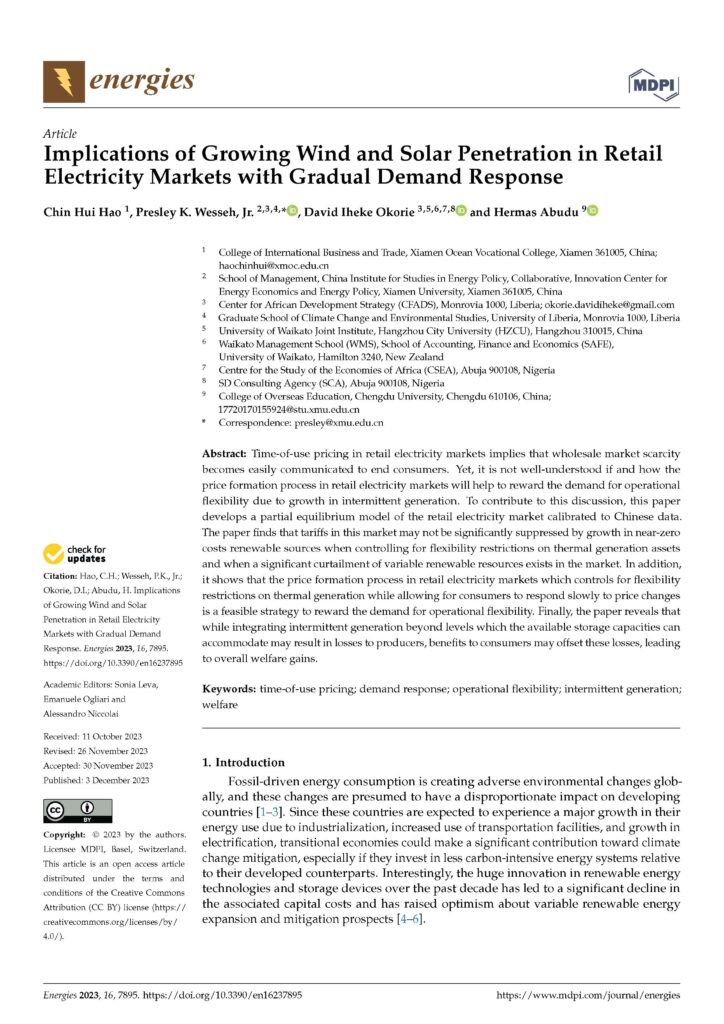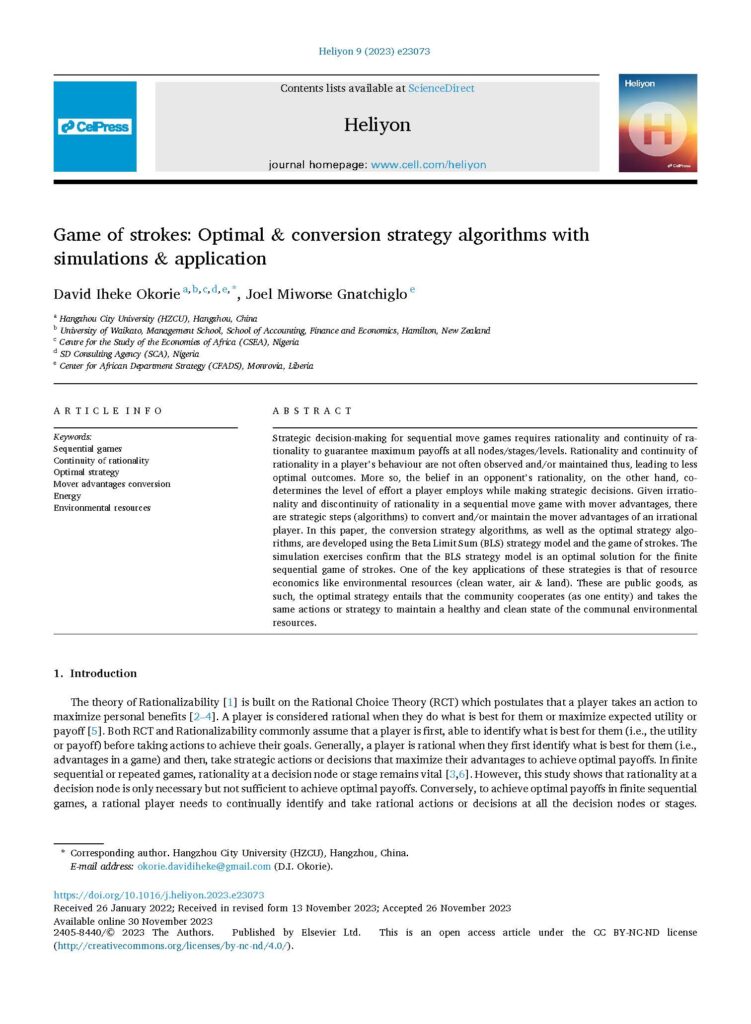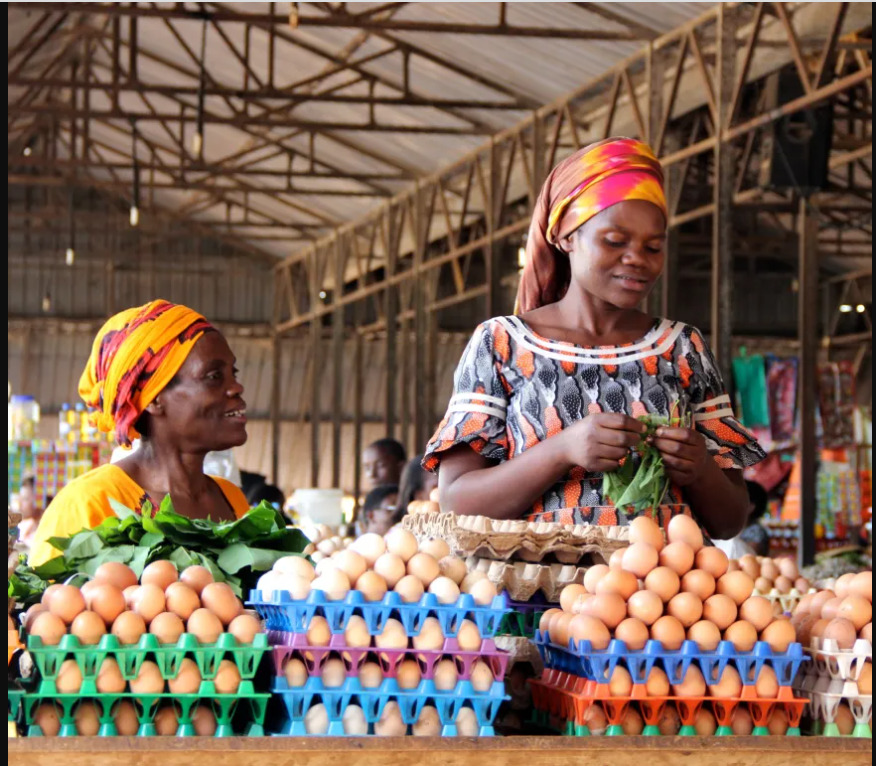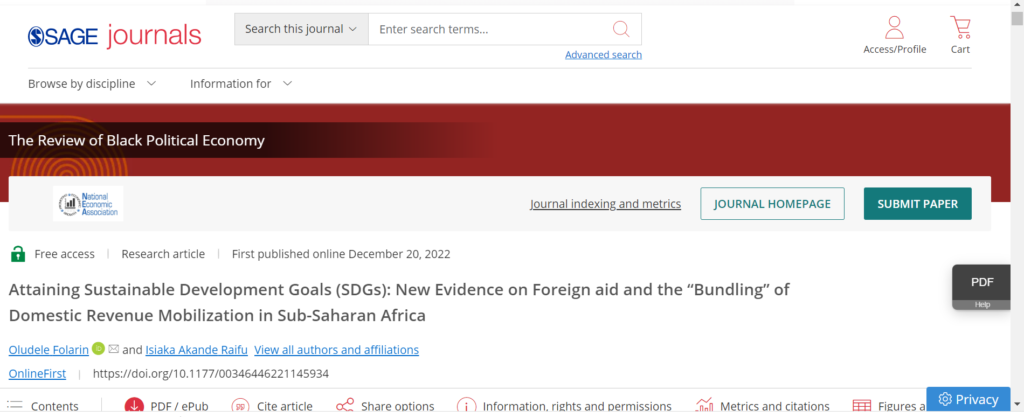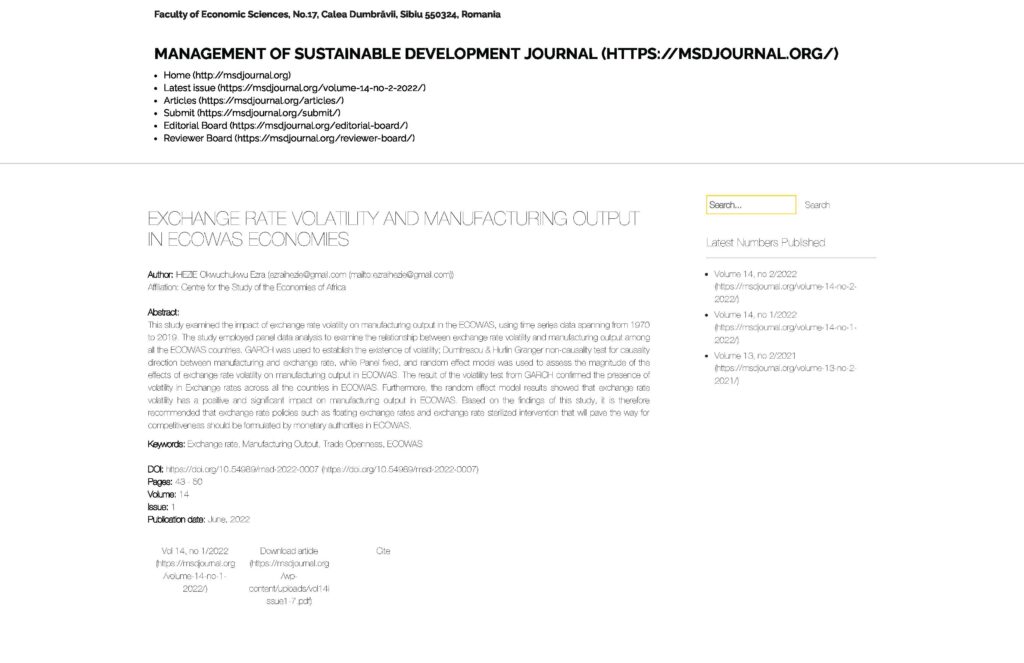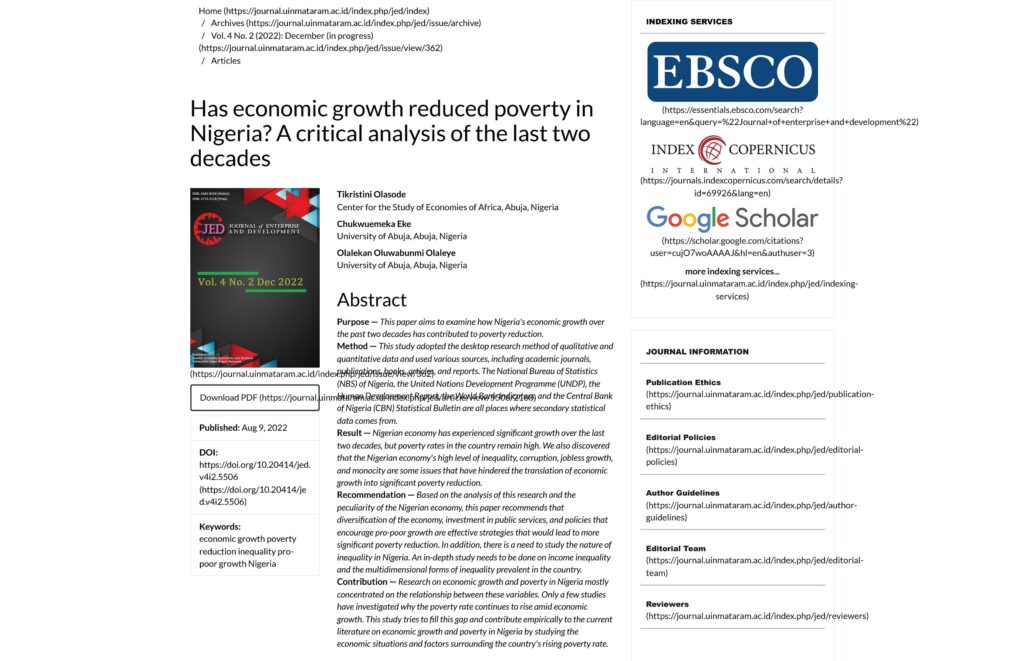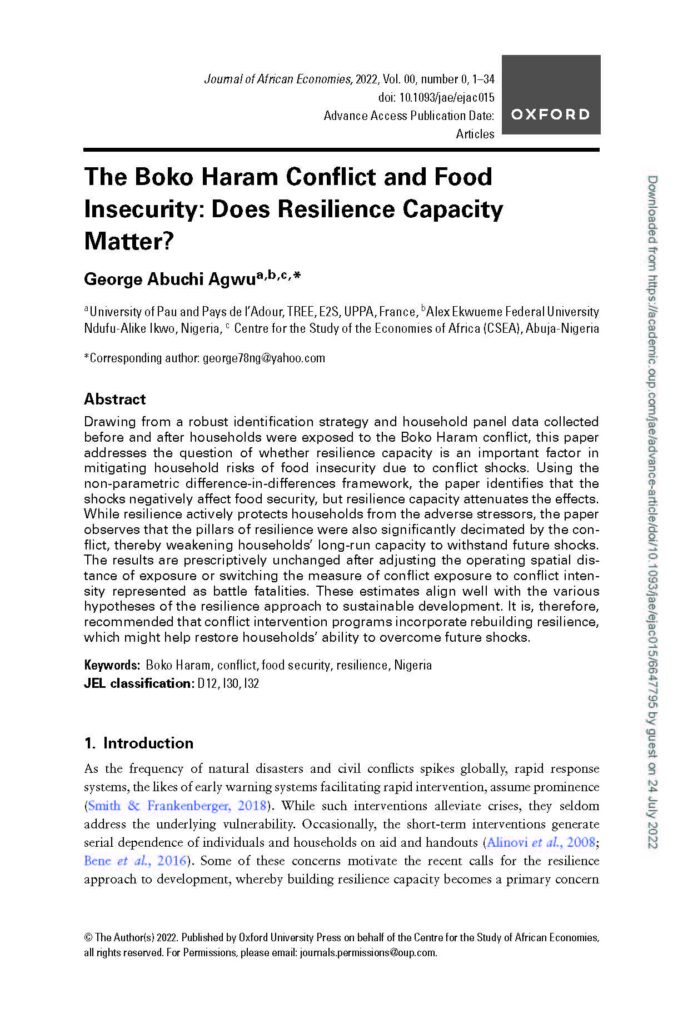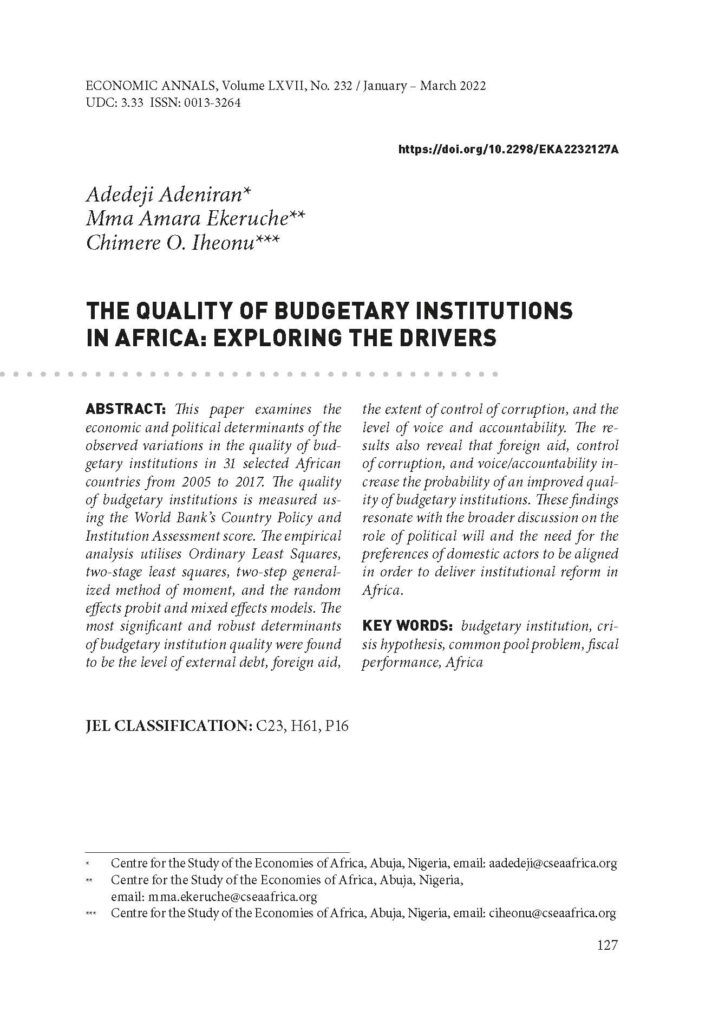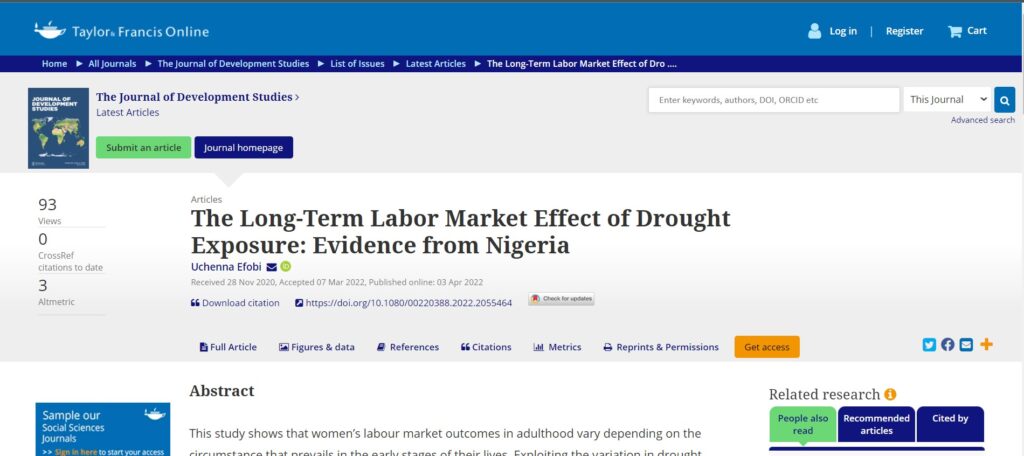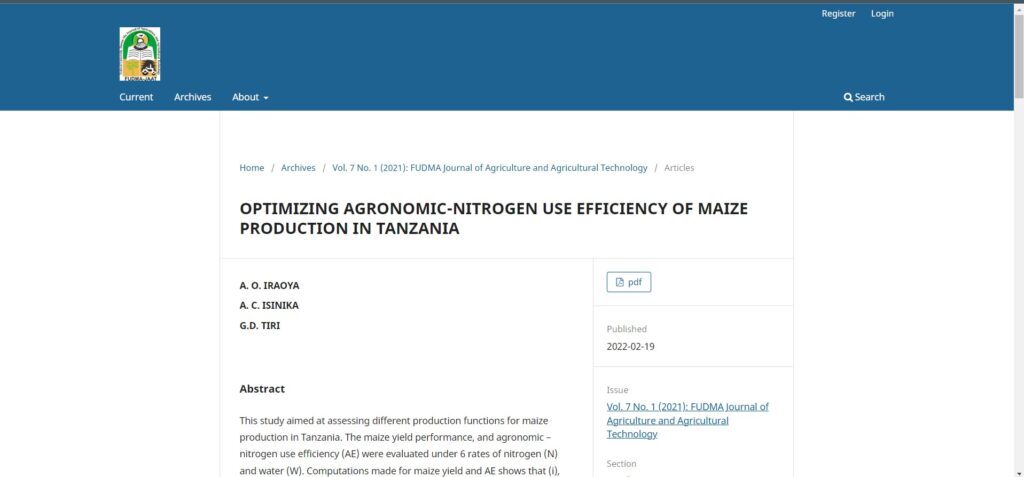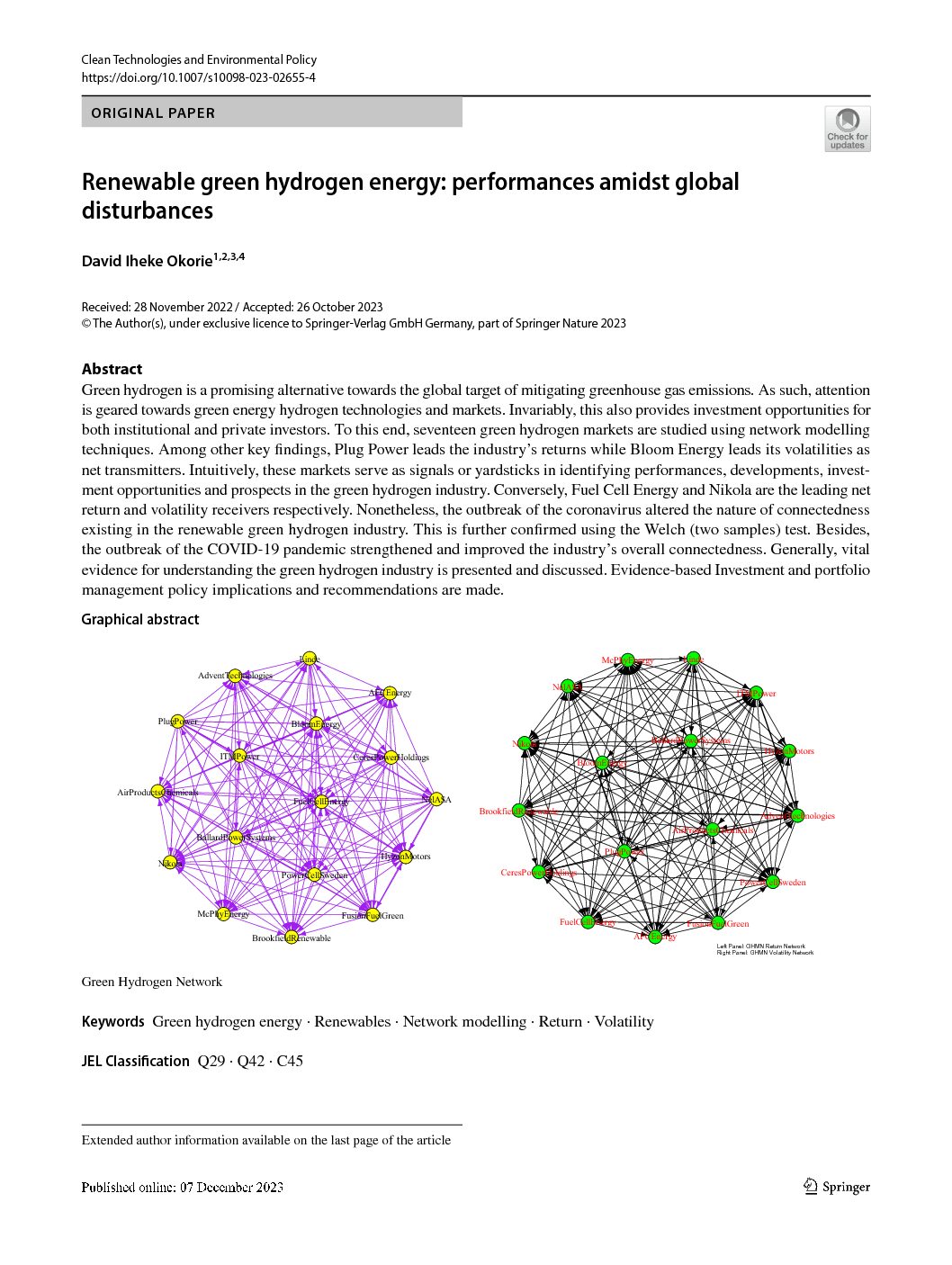
Renewable green hydrogen energy: performances amidst global disturbances
Green hydrogen is a promising alternative towards the global target of mitigating greenhouse gas emissions. As such, attention is geared towards green energy hydrogen technologies and markets. Invariably, this also provides investment opportunities for both institutional and private investors. To this end, seventeen green hydrogen markets are studied using network modelling techniques. Among other key […]
Download
